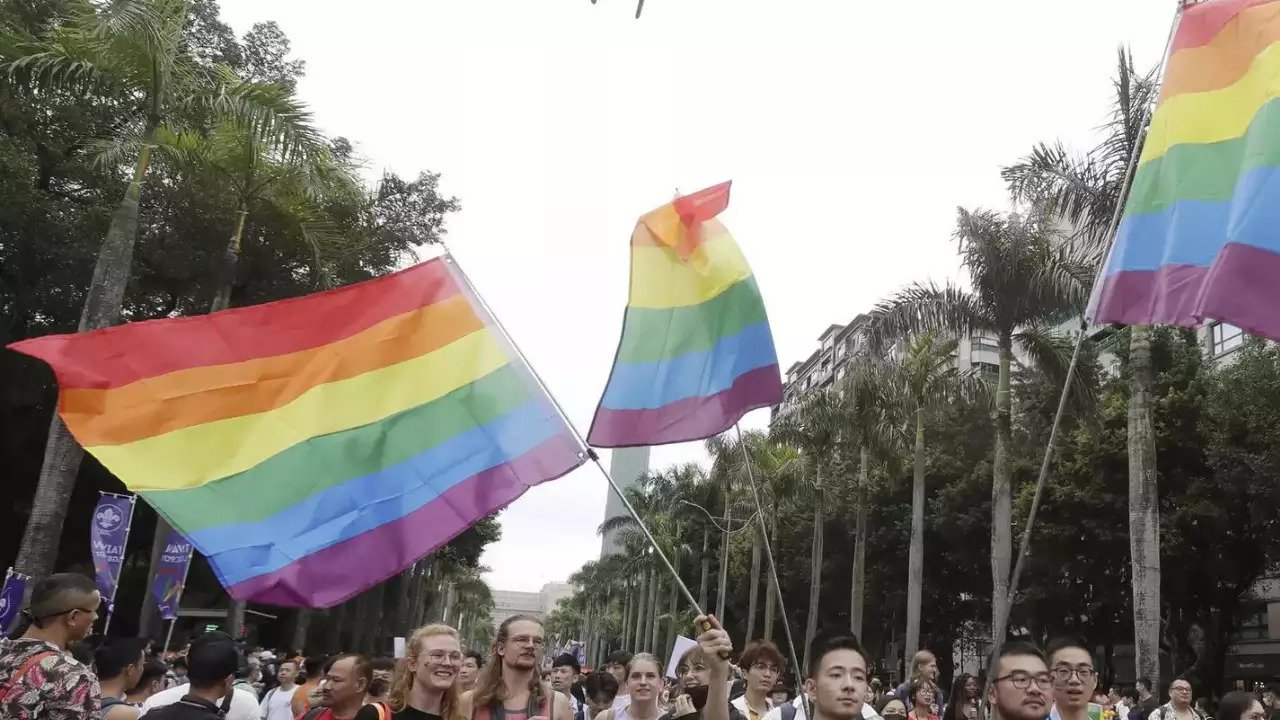In a significant development within the United Methodist Church, the North Georgia Conference has voted to accept the decision of 261 congregations to leave the denomination due to a deep-seated divide over LGBTQ issues. This decision reflects the ongoing struggle within the church on matters related to homosexuality, marriage, and the ordination of self-avowed practicing homosexuals. Let’s delve deeper into this complex situation.
Bishop Robin Dease, the leader of the conference, expressed his sadness over this departure, stating, “I realize how sad this time is for many, including myself. I just hate that those who are leaving us, I will not have the opportunity to meet or to be with.” It’s clear that this division has emotional implications for many involved.
The rift in the United Methodist Church began in 2019 when the national church made a pivotal decision. It allowed congregations to opt out of the denomination by the end of 2023, citing “reasons of conscience regarding a change in the requirements and provisions of the Book of Discipline related to the practice of homosexuality or the ordination or marriage of self-avowed practicing homosexuals.” This decision set the stage for the mass exodus we are witnessing.
As of early August 2023, over 6,000 congregations out of just over 30,000 in the United States have been approved for disaffiliation since 2019, according to the UMC’s official website. The 261 churches now leaving the North Georgia Conference represent a significant portion of its nearly 700 churches, underscoring the gravity of this situation.
The North Georgia Conference of the UMC termed this exit as a “solemn day” in a news release. It’s evident that this separation is being viewed with a sense of sadness and solemnity within the church.
Notably, more than 100 congregations had taken legal action against the North Georgia Conference to have their disaffiliation requests heard. A Cobb County judge ruled in favor of these congregations, mandating that “a church-level vote” must be conducted before the deadline. This legal battle illustrates the deep-seated divisions and complexities surrounding the issue of LGBTQ inclusion within the church.
The struggle over matters of sexuality and scriptural interpretation has persisted for decades within the General Conference, the United Methodist Church’s top legislative body. In 2019, the church reinforced its bans on partnered LGBTQ clergy and same-sex marriages, leading many Methodists to believe that a schism was becoming inevitable in the second-largest Protestant denomination in the United States.
This situation in the United Methodist Church is not unique. Over the past few decades, several traditional mainline Protestant denominations, including the American Baptist Churches USA, the Episcopal Church, the Evangelical Lutheran Church in America, and the Presbyterian Church USA, have also experienced divisions related to LGBTQ issues.
On the recent vote, it’s worth noting that the requests of four of the Georgia congregations seeking disaffiliation were not ratified. This decision came after discussions among the members of the Annual Conference. However, the exits of the remaining 261 churches are set to take effect at the end of November, marking a significant turning point for the North Georgia Conference.
“In December, approximately 440 North Georgia Conference churches will continue the work of fulfilling the mission of the United Methodist church in our communities and beyond,” the conference stated. This transition signifies a shift in the direction and priorities of the remaining congregations.
Under the terms of the disaffiliation agreement, churches leaving the conference are no longer permitted to use the “United Methodist” name or the denomination’s logo. They are also obligated to fulfill any remaining financial obligations and are prohibited from pursuing further litigation against the conference, as outlined in the news release. This underscores the finality of the decision to depart.
It’s important to note that the church disaffiliations in North Georgia come on the heels of a similar development in the UMC South Georgia Conference. In May, 193 congregations from the South Georgia Conference left the denomination due to the ongoing debate over LGBTQ issues, indicating that this issue continues to have reverberations throughout the entire denomination.
The departure of 261 congregations from the United Methodist Church’s North Georgia Conference highlights the ongoing and deeply divisive debate within the denomination over LGBTQ issues. This decision reflects a broader trend seen in various Protestant denominations, as they grapple with questions of inclusion and scriptural interpretation in the modern world.









Leave a Reply